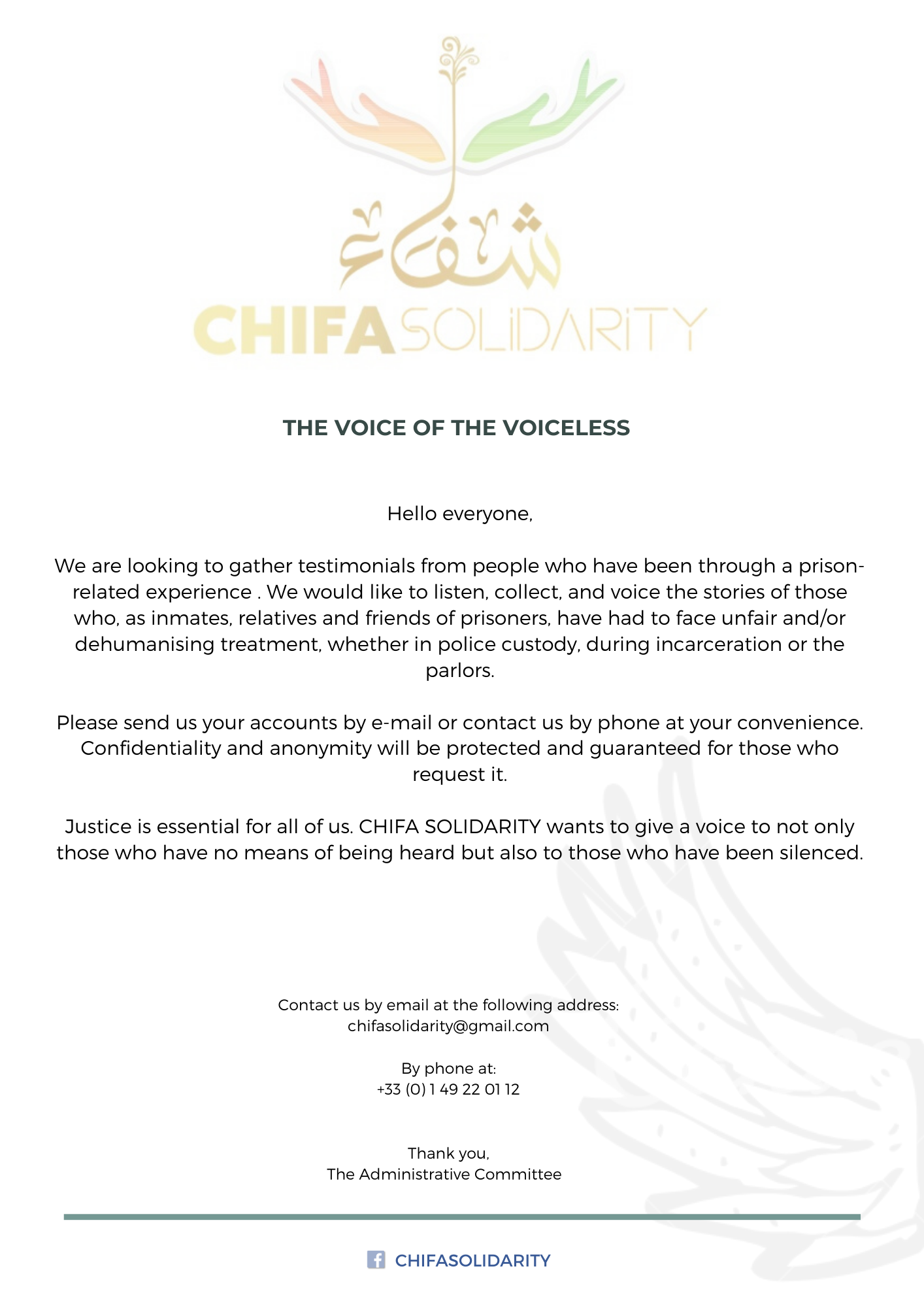Aasiay wanted her children to live without shame in a world where their faith is not defined by the worst actions of its followers. Let not her legacy be the “abused and beheaded” wife or allow her children to forever walk in double sorrow and shame. She and they deserve better from us – the Muslims and other fellow citizens. Honoring Aasiya obligates us to remember her not for the gruesome way she exited this world but as the visionary woman who imagined a better world and worked to bring it about. We honor her by sparing her children the labels, the looks of pity, the whispers about beheading and vicious allegation of “honor killing.” After all, presenting an alternative to merchants of fear and hate who dehumanize others was her mission.
Let her death save countless other Aasiyas from the oppression of their Pharaoh spouses. Saving these women and children requires more than our empty words of declarations and condemnations. It demands a concrete multi-tier action plan that involves the community and each of its members. Imams who think they are “saving the family” by telling abused women: “sister don’t make him angry,” “be patient, this is your jihad,” “stay for your children,” need to remember that every time they send an abused woman back, they might just be signing her death sentence. Imams and elders need to remember that a woman has told herself these very statements countless times over and had endured for years before she summons courage from the corners of a broken spirit and a shattered self to make this “private shame” public. Abused women of all backgrounds everywhere hesitate to get outsiders and particularly authorities involved but Muslim women have the added burden of knowing that if they report domestic abuse they also confirm the worst stereotypes about Muslim men and women and about Islam. Our men are already demonized and our religion vilified; so we think a million times before we publicly air out our dirty laundry. So tell her to go back and to endure some more and know you are collaborating with her abuser and Islam-bashers everywhere.
For every confidant who knows and does nothing, know you too are accountable and dishonor the relationship with the abused for not assisting and the abuser for not stopping. After all we are our brothers/sisters keepers. So counsel them or get them the counsel they need, preserve their dignity and privacy but not to their detriment, and provide refuge if that is what is needed. Do not comfort yourself by supposedly minding your own business. As a community, we need to have a forum that urgently moves from discussion to decision to doing and from prevention to intervention.
Spouses are meant to be our garments of honor and protection, our staunchest allies and advocates, the wells that quench our thirst for love and satisfy our hunger for harmony. When homes become a war zone rather than sanctuaries, victims must be rescued. We honor those betrayed by spouses by rising to our responsibility, by putting abusers on notice and letting the abused know they have our unequivocal support, by creating refuge and safe houses…building Aasiya’s houses.






I like the link that’s been made in this article between the house in Jannah and a house of harmony and peace in this world for women. My own name being Aasiya, I have always been touched by this quranic story. I hope she, my namesake and sister, rests in heaven.
These are only words that will go out the other ear. Muslim countries do not help women. My sister left her abused husband, only to be harrassed daily by phone, stalking, and verbal threat of kidnapping their son. Police can’t help.
Did Islam fail women?
Yes, one wonders why some ayats in the quran are put in there, when human beings are inclined to injustice: why give them the legitamacy for some actions? Even if they weren’t meant to be legitimising for instance abuse of women, one wonders….
To my limited knowledge, the Quaran does not legitimize these actions…the message must be understood and put into context for this point in time.
You say that, I say that, but there are many people who don’t.
Hoorah! Someone to state the truth. The world needs to hear more messages such as this.
It is not the holy Quran that is to be referred to and held responsible for violence and abuse. It is the actions of the few perpetrators that exploit Islam and the Quran to justify their violence whether it is horrific honour killings, domestic abuse, terrorism etc. We have a moral conscience, intelligent reasoning and counselling to help guide our actions and the sunnah of the Prophet Muhammad pbuh. We have to rise beyond blaming the Quran for everything and there are no ‘’versions’’ of Islam or interpretations that permit degradation of women such as the Taliban who favour banning female education. Sometimes (I’m sorry to say this) but it’s the men in Islam who need to re-educate themselves and learn to respect Islam and women better. No-one else is to blame.
I agree: muslims have failed islam, not the other way around.
Salaam Muna! I’m interested in running this article for a Muslim non-profit magazine based out of Toronto called Faith of Life (http://www.faithoflife.net). Please contact me at nikhat@faithoflife.net . Wasalaam and Thanks!